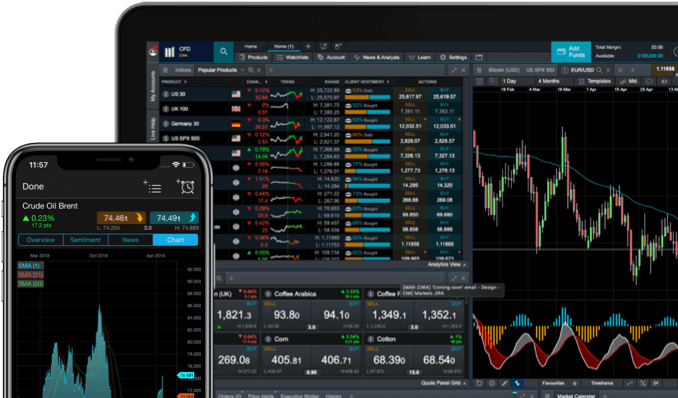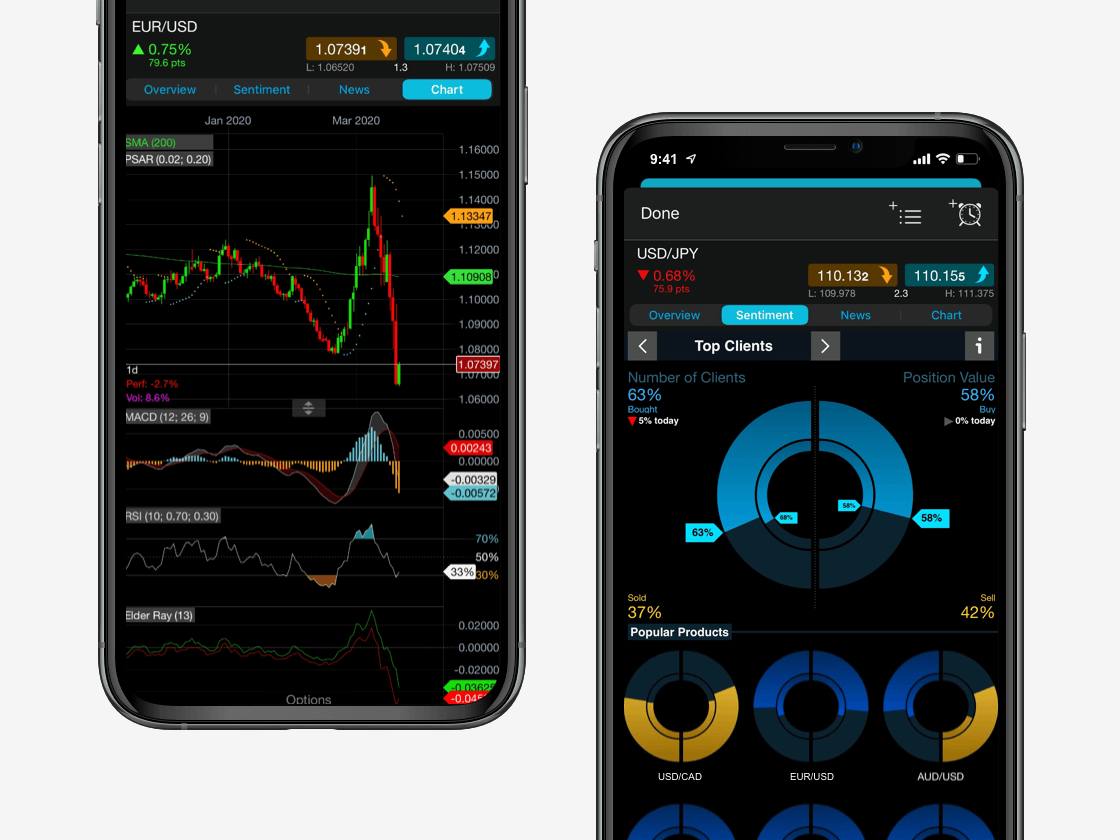The way the swap agreement works is this: the first party borrows a specific amount of foreign currency from the counterparty at the current exchange rate. In turn, it lends a corresponding amount to the counterparty of its own currency. Both parties pay interest to each other throughout the duration of the contract in the currencies that they both received. Interest rates are calculated according to each currency index and can be fixed, variable or both. Currencies traded usually include the major forex pairs, such as USD/EUR and USD/JPY. The counterparties involved in a cross currency swap are usually institutional investors.
There are three principal objectives for trading cross currency swaps, as follows:

















